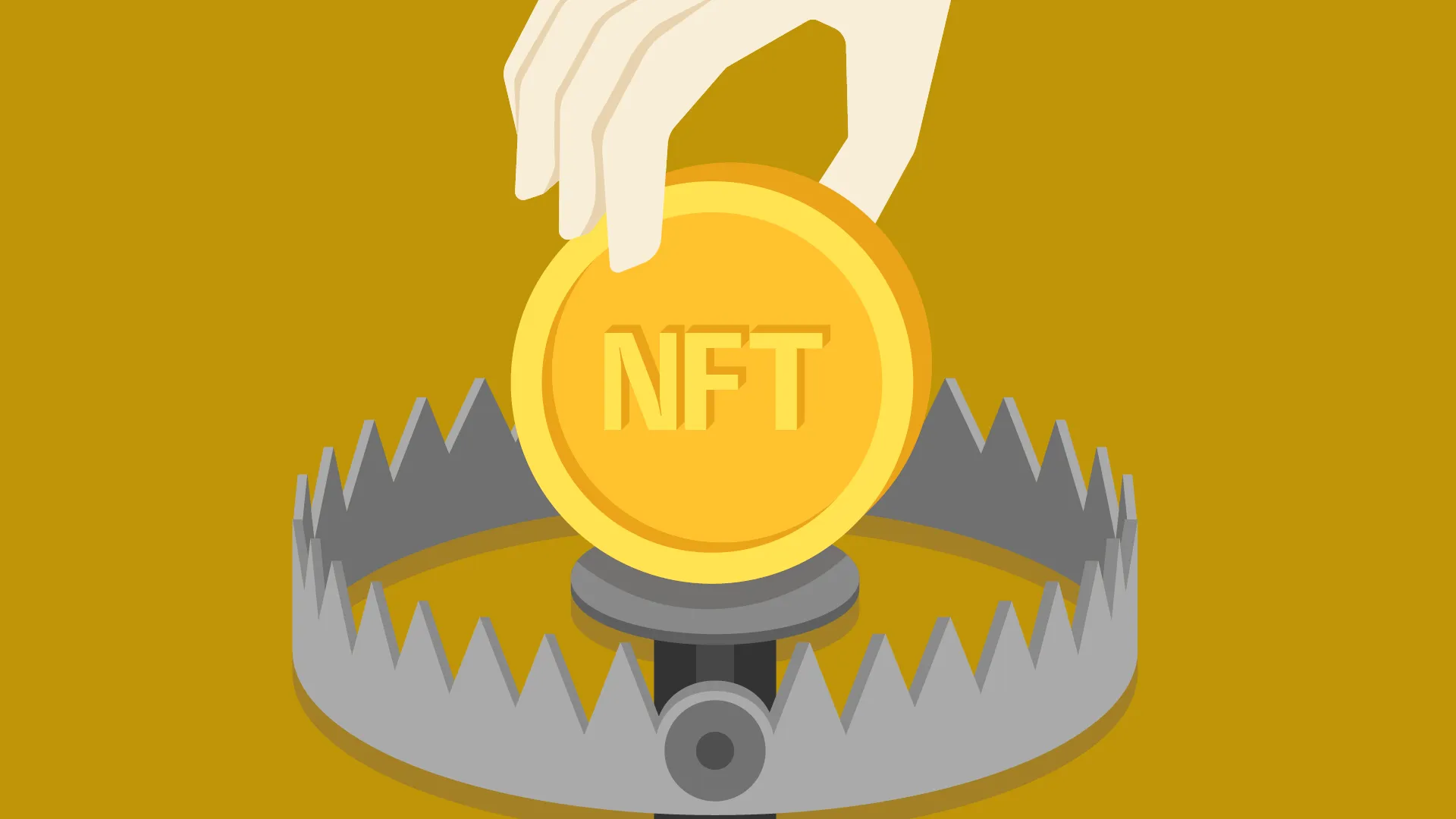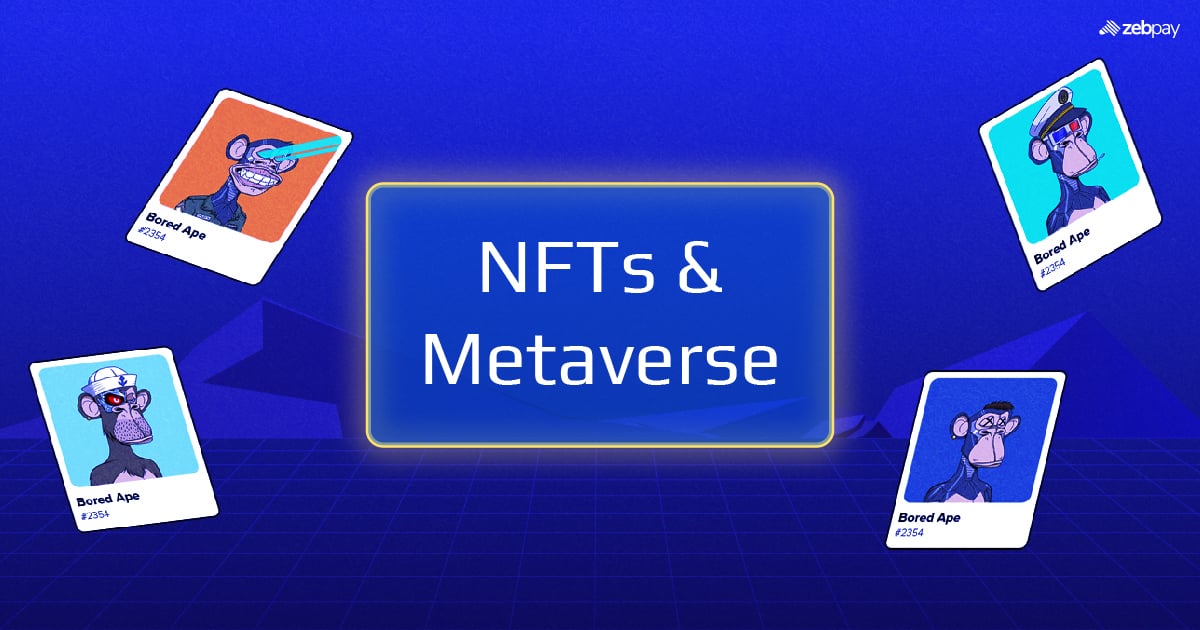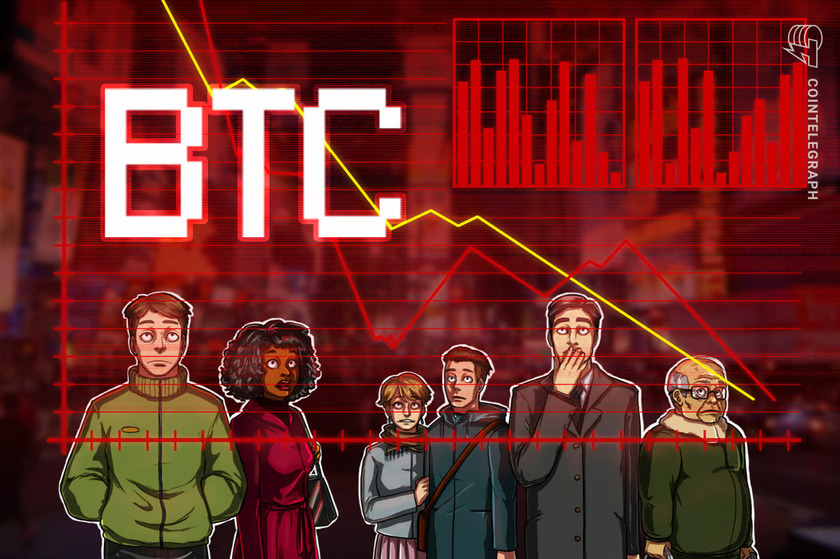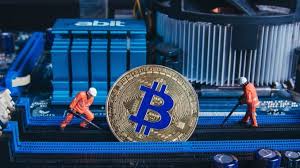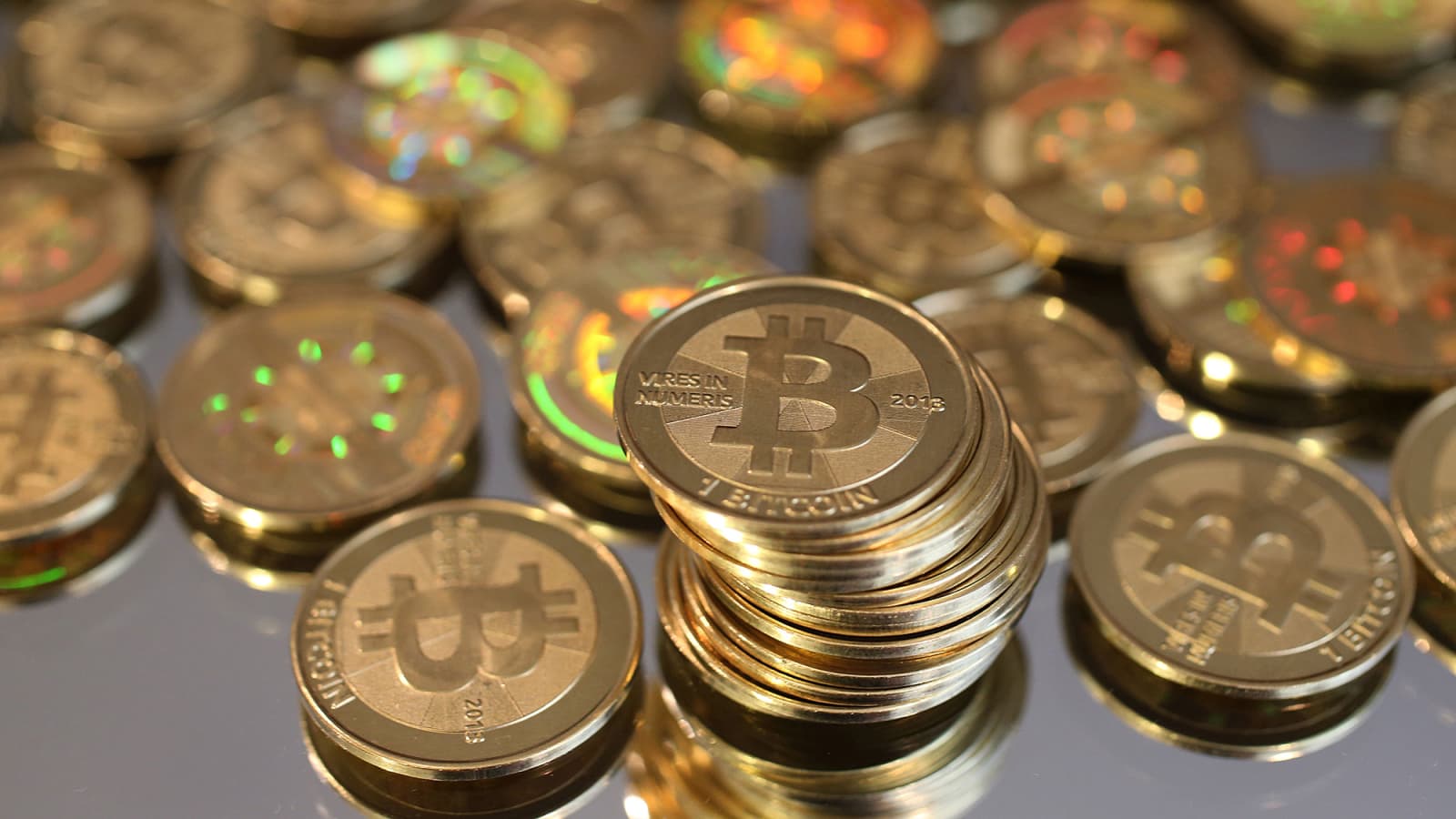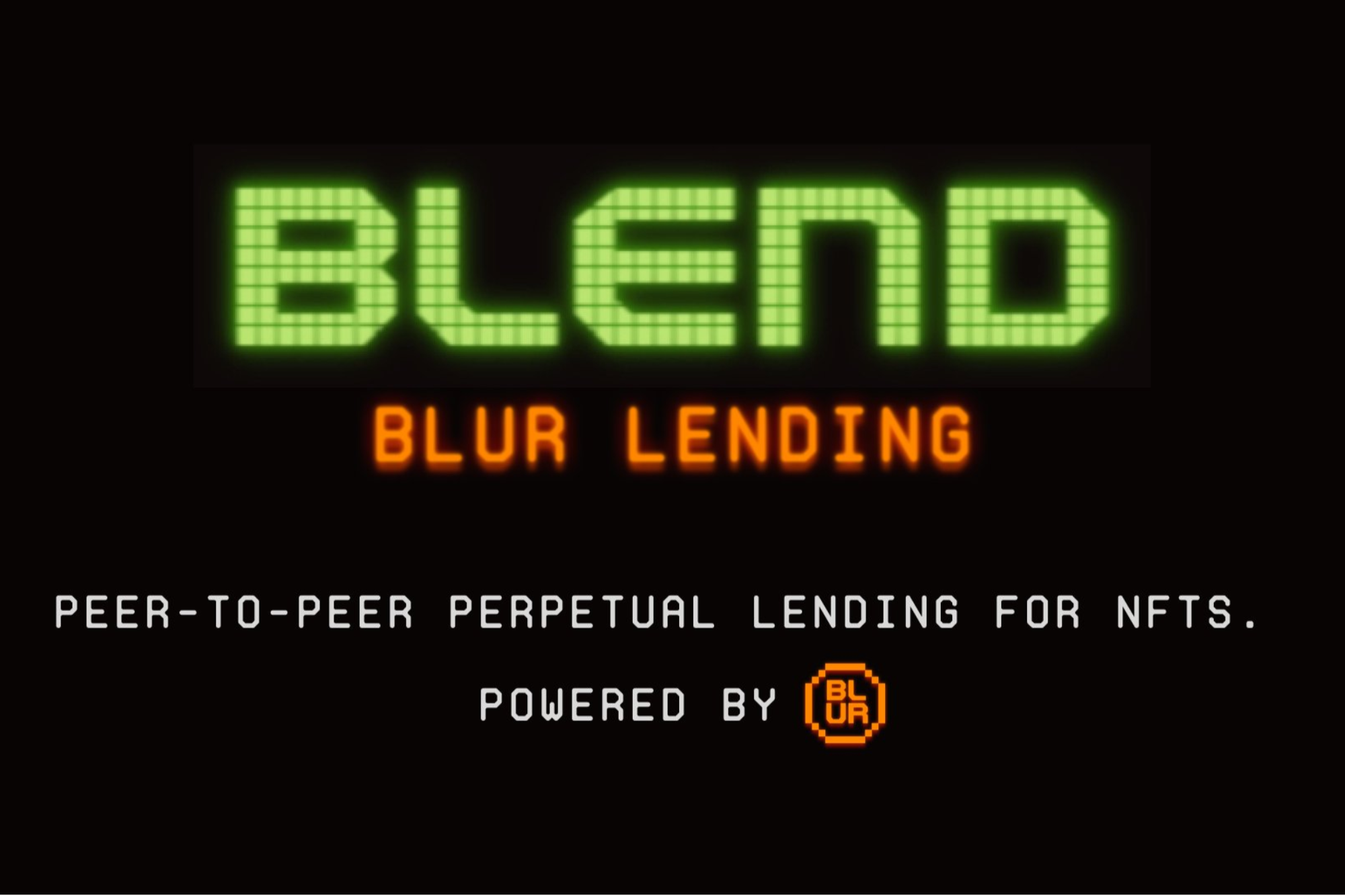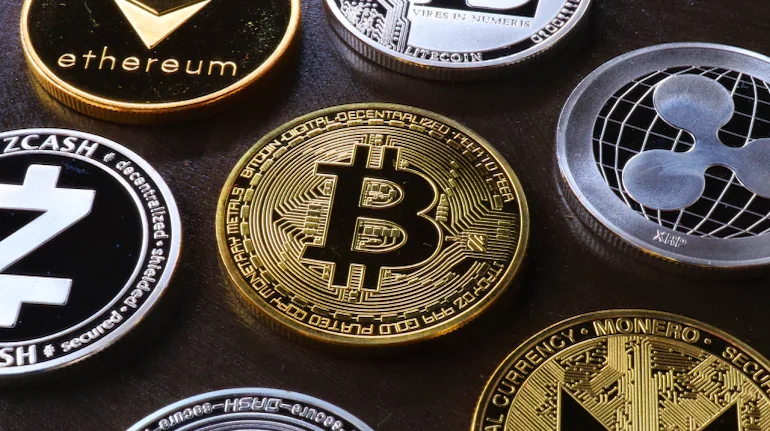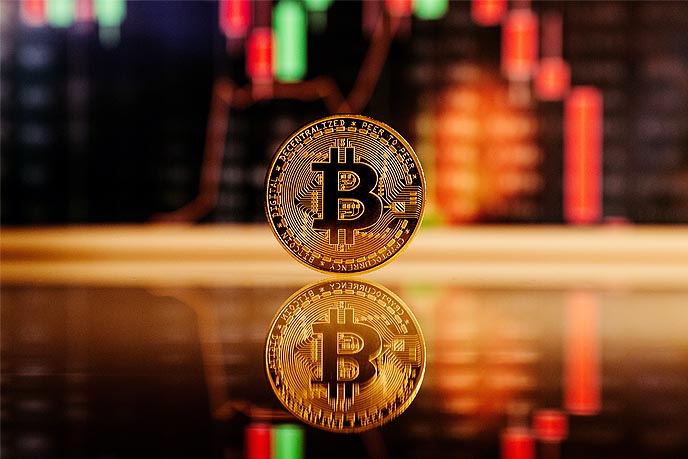How everyday Venezuelans are using stablecoins to protect their livelihoods
By addressing these challenges, the?Venezuelan government?and the cryptocurrency community can help to make Venezuelans are using stablecoins
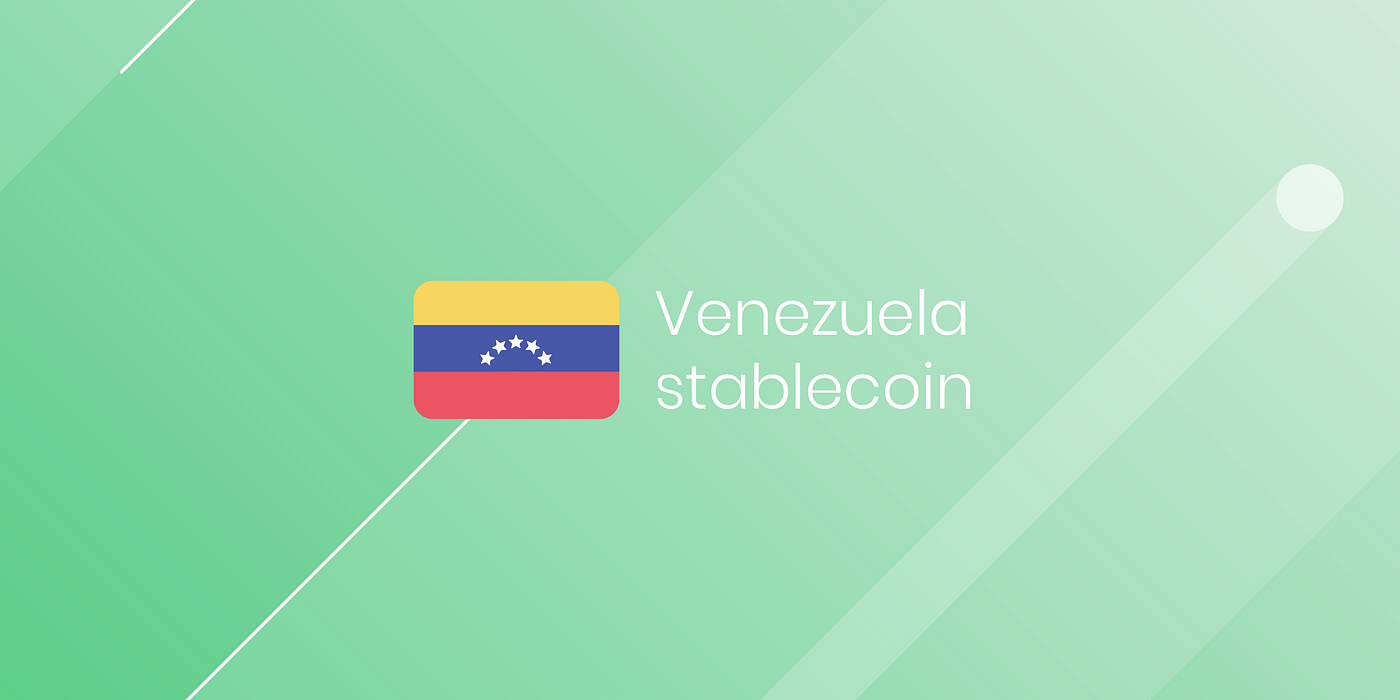
Venezuela has been experiencing a severe economic crisis for many years. The country's currency, the bolivar, has hyperinflated, making it virtually worthless. In order to protect their savings and livelihoods, many Venezuelans are turning to stablecoins.
What are stablecoins?
Stablecoins are a type of cryptocurrency that is designed to maintain a stable price. This is usually done by pegging the stablecoin to another asset, such as the US dollar.
Some of the most popular stablecoins include:
- Tether (USDT)
- USD Coin (USDC)
- Binance USD (BUSD)
- Dai (DAI)
How are Venezuelans using stablecoins?
Venezuelans are using stablecoins in a variety of ways, including:
- To store their savings: Stablecoins are a good way to store savings in Venezuela because they are not subject to the same inflation as the bolivar.
- To send and receive money: Stablecoins can be used to send and receive money quickly and easily, even across borders. This is especially useful for Venezuelans who have family or friends living abroad.
- To pay for goods and services: A growing number of businesses in Venezuela are accepting stablecoins as payment. This is making it easier for Venezuelans to buy goods and services without having to use the bolivar.
Benefits of using stablecoins
There are a number of benefits to using stablecoins in Venezuela, including:
- Inflation protection: Stablecoins are not subject to the same inflation as the bolivar. This means that Venezuelans can store their savings in stablecoins without having to worry about losing value.
- Global access: Stablecoins can be used to send and receive money quickly and easily, even across borders. This is especially useful for Venezuelans who have family or friends living abroad.
- Financial inclusion: Stablecoins are making it easier for Venezuelans to access financial services. A growing number of businesses in Venezuela are accepting stablecoins as payment.
Challenges of using stablecoins
There are also some challenges to using stablecoins in Venezuela, including:
- Lack of awareness: Many Venezuelans are not familiar with stablecoins or how to use them.
- Limited access to exchanges: There are only a few cryptocurrency exchanges that operate in Venezuela. This can make it difficult for Venezuelans to buy and sell stablecoins.
- Regulatory uncertainty: The Venezuelan government has not yet issued clear regulations on stablecoins. This can create uncertainty for users and businesses.
Case studies
Here are a few case studies of how everyday Venezuelans are using stablecoins to protect their livelihoods:
- Maria: Maria is a single mother who lives in Caracas. She works as a hairdresser, but her earnings are not enough to support her family. Maria started using stablecoins in 2021 to send and receive money from her sister, who lives in the United States. Maria's sister sends her USDC every month, which Maria uses to buy food and other necessities for her family.
- Juan: Juan is a small business owner in Venezuela. He owns a convenience store, but he has been struggling to keep up with the high inflation rate. In 2022, Juan started accepting stablecoins as payment. This has helped Juan to increase his sales and protect his business from inflation.
- Carlos: Carlos is a student at the Central University of Venezuela. He is studying computer science, but he has been struggling to pay for his tuition. In 2023, Carlos started using stablecoins to earn money online. He works as a freelance writer and gets paid in USDT. Carlos uses his USDT earnings to pay for his tuition and other expenses.
Stablecoins are helping everyday Venezuelans to protect their livelihoods from the country's economic crisis. Stablecoins are providing Venezuelans with access to a stable currency, a way to send and receive money quickly and easily, and a way to pay for goods and services.
As the use of stablecoins in Venezuela continues to grow, it is important to address the challenges that users and businesses face. These challenges include lack of awareness, limited access to exchanges, and regulatory uncertainty.
By addressing these challenges, the Venezuelan government and the cryptocurrency community can help to make stablecoins a more accessible and effective tool for financial inclusion and economic development in Venezuela.
What's Your Reaction?








